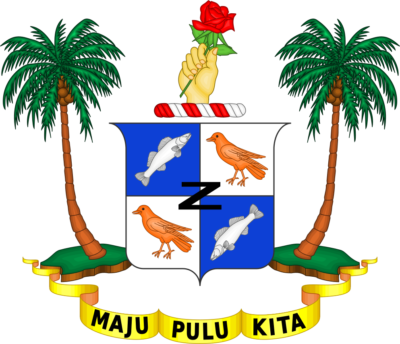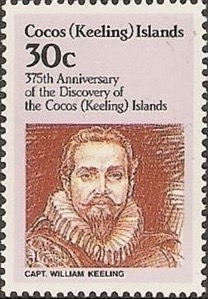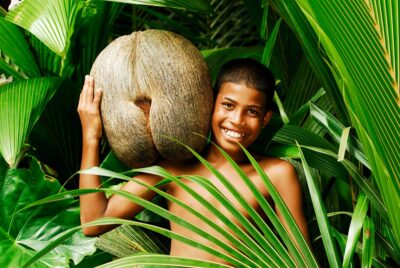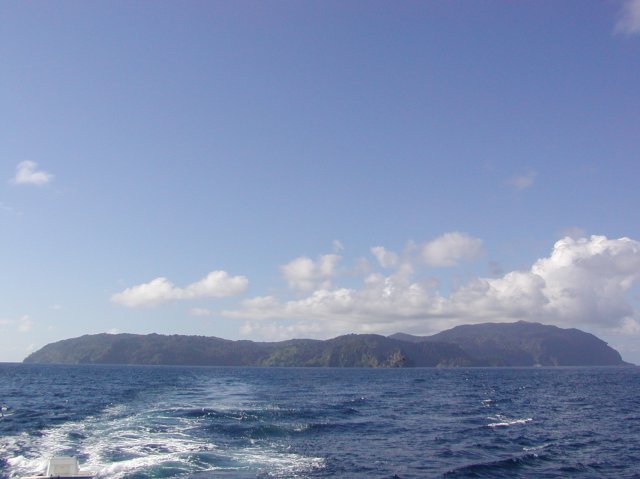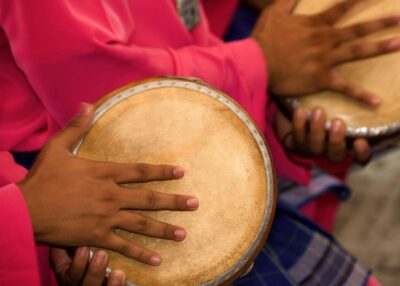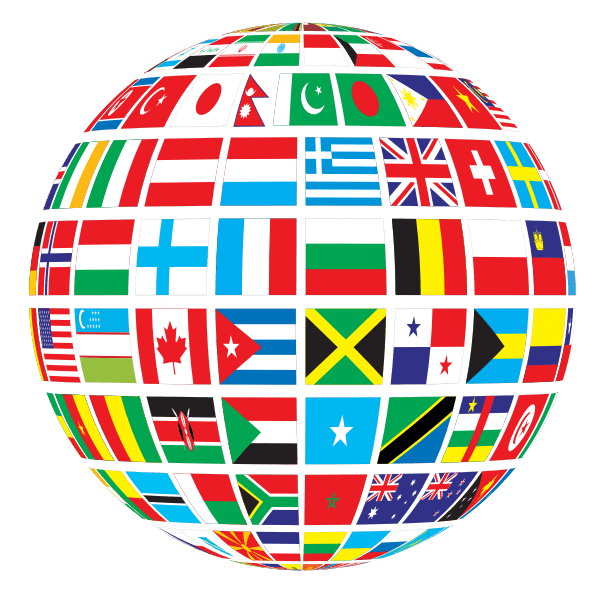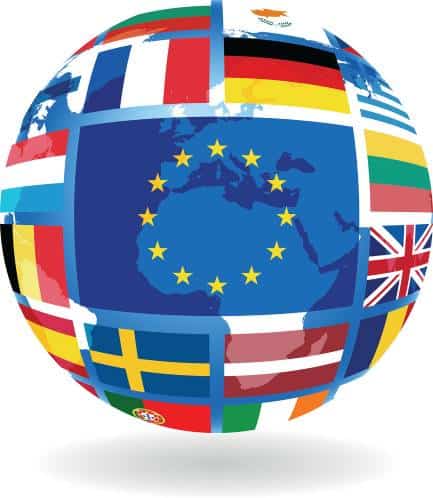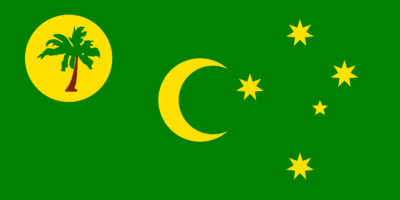National Symbols of Cocos (Keeling) Islands
Last updated on August 18th, 2023 by Editorial Staff
Table Of Contents
By | Updated on August 18, 2023
Reviewed by Rittika
Cocos (Keeling) Islands is a country in Australia/Oceania. It shares borders with Australia. The people of Cocos (Keeling) Islands are called Australians. The country is situated in Southeastern Asia – a group of islands in the Indian Ocean – southwest of Indonesia, about halfway between Australia and Sri Lanka.
Etymology discusses where a term is considered to have originated from and how its meaning has changed over time. Etymology has been a factor in the naming of countries all across the world, and Cocos (Keeling) Islands have also been influenced. The etymology of Cocos (Keeling) Islands can be defined as; Cocos refers to the abundant coconut trees, while Keeling is William Keeling.
An ethnicity is a group or sub-group of people who are connected based on common characteristics which may include religion, origin, language, traditions, or culture. The ethnic groups in Cocos (Keeling) Islands include Malay, Australian, Indonesian, and Javanese.
Qantas Airline is the national airline of Cocos (Keeling) Islands. The national colors of the country are yellow and green. The emoji flag of the country is ????????, and the ISO code is CC.
Cocos (Keeling) Islands are known for their coconuts and volcanoes. The national instruments of Cocos (Keeling) Islands are Kompang and hadrah drums.
The country has the time zone UTC+06:30 followed by dd/mm/yyyy as the standard date format.
Bantam is Cocos (Keeling) Islands’ largest city, while West Island serves as the capital.
The country’s total area is 14 km² (5.4 sq mi), and the total population is 544. The country’s average elevation is 3–4 m, whereas the country’s terrain can be defined as; Flat, low-lying coral atolls. The country’s usual climate is tropical with high humidity, moderated by the southeast trade winds for about nine months of the year.
The area of land next to a sea is called the coast, and a coastline is defined as the line where land and sea meet. Cocos (Keeling) Islands has 26 km of coastline.
The Australian dollar serves as the national unit of currency. The domain for Cocos (Keeling) Islands is .cc and the country code is +61 891. Clunies-Ross family arms are the country’s coat of arms.
The national dress of Cocos (Keeling) Islands is the Baju kurung, and 28 February is designated as National Day. In Cocos (Keeling) Islands, the majority of the population practices Islam as their religion.
Nature is a blessing from God and we must protect it because it provides us with the oxygen and food to survive. It also helps to keep our environment beautiful and clean. To emphasize the significance of nature, Cocos (Keeling) Islands has selected a few forces of nature as national symbols. Cocos (Keeling) Islands’ national animal is the Hammerhead shark. Coco De Mer Fruit is the country’s national fruit. The highest peak is Cocos Islands High Point.
Sports have always played an important role in developing the social and cultural structure of Cocos (Keeling) Islands and other countries. When it comes to designating a sport as the official symbol, Football is considered the country’s national sport.
Captain William Keeling is the founder of Cocos (Keeling) Islands. The country’s national anthem was written by Peter Dodds McCormick, and composed by Peter Dodds McCormick.
“Onward our island” is the official motto of the country.
Cocos (Keeling) Islands has declared Malay and English as the country’s official languages.
– Learn about Cocos (Keeling) Islands flag color codes and their meanings –
– Further information regarding the symbols and knowledge of Cocos (Keeling) Islands can be found in the table of contents –
Country information
Coat of arms
Flag map of Cocos (Keeling) Islands

Motto of Cocos (Keeling) Islands
National animal of Cocos (Keeling) Islands
The National animal of Cocos (Keeling) Islands is Hammerhead shark
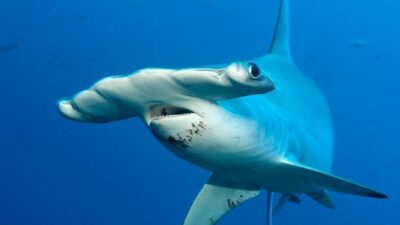
National flower of Cocos (Keeling) Islands
The National flower of Cocos (Keeling) Islands is Not Declared. Botanical name is .
National bird of Cocos (Keeling) Islands
The National bird of Cocos (Keeling) Islands is Not Declared
Rest of the National symbols of Cocos (Keeling) Islands 👇
-
FounderCaptain William Keeling
-
National dishNot Declared
-
National danceThe Zapin
-
National dressBaju kurung
-
National anthemView Anthem
-
National fruitCoco De Mer Fruit
-
National drinkNo official National drink
-
National colorsyellow and green
-
National sportsFootball
-
National treeNot Declared
-
National poetNot Declared
-
National mausoleumNot Declared
-
Highest peakCocos Islands High Point
-
Emoji flag????????
-
National airlineQantas Airline
-
National instrumentKompang and hadrah drums
-
National heroNot Declared
Neighbouring countries of Cocos (Keeling) Islands
Australian Proverbs - Popular quotes, proverbs and sayings.
The clash of ideas brings forth the spark of truth. Blood is thicker than water. One man’s meat is another man’s poison. Australia – land of tomorrow. Once bitten, twice shy. Half a loaf is better than none. In the planting season visitors come singly, and in harvest time they come in crowds. Dog must not steal from dog. A bird in the hand is worth two in the bush. If you catch a man, throw him back!
